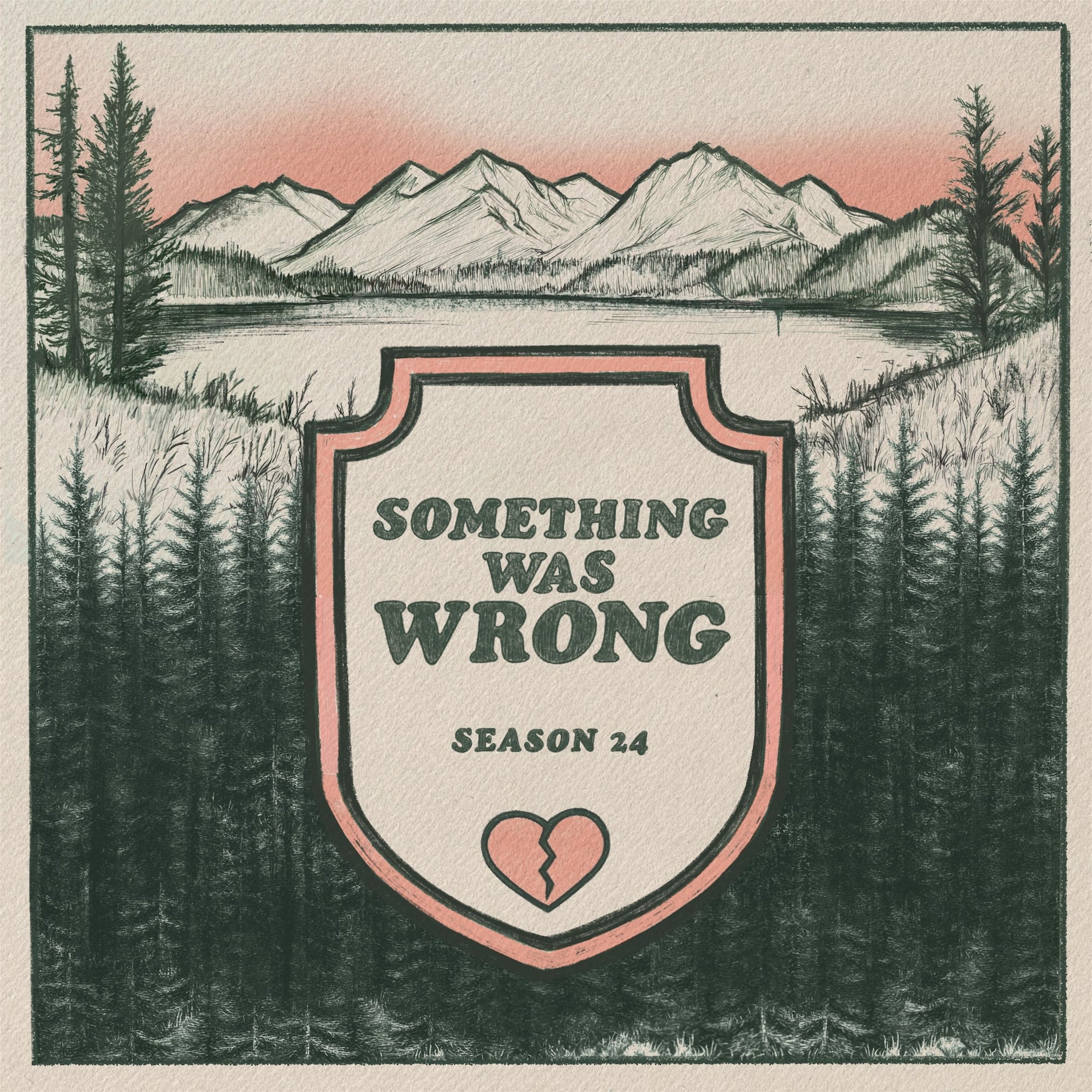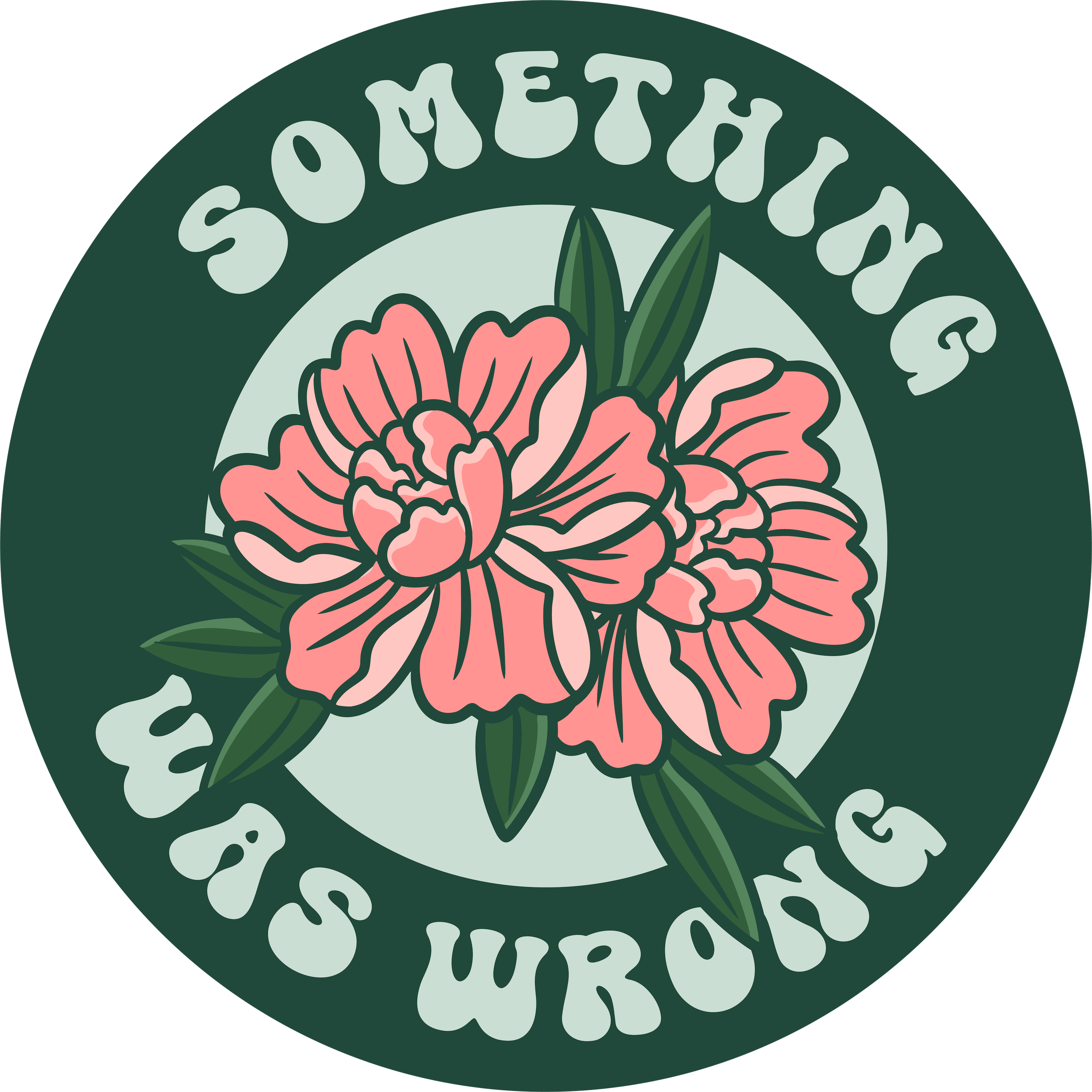S22 E13: Truer Crime with Celisia Stanton
*Content Warning: scams, fraud, cons, crime, murder, mature themes, cults, abuse.
Resources:
Free + Confidential Resources + Safety Tips: somethingwaswrong.com/resources
Thank you so much to Celisia for speaking with us this week!!
Follow and support Celisia and Truer Crime, below:
- Truer Crime’s website: https://truercrimepodcast.com/
- Follow Celisia Stanton on Instagram: https://www.instagram.com/celisiastanton/
- Truer Crime on Apple Podcasts:
https://podcasts.apple.com/us/podcast/truer-crime/id1565741041
SWW S22 Theme Song & Artwork:
Thank you to NeonHoney and GIBBANEZ for covering our theme song, Glad Rags’s original song U Think U this season.
NeonHoney’s IG: https://www.instagram.com/neonhoneymusic/
NeonHoney’s Website: https://neonhoneymusic.com
Gibbanez IG: https://www.instagram.com/@gibbanezmusic/
Gibbanez Linktree: https://linktr.ee/gibbanezmusic
Glad Rags: https://www.gladragsmusic.com/
The S22 cover art is by the Amazing Sara Stewart
Follow Something Was Wrong:
- Website: somethingwaswrong.com
- IG: instagram.com/somethingwaswrongpodcast
- TikTok: tiktok.com/@somethingwaswrongpodcast
Follow Tiffany Reese:
- Website: tiffanyreese.me
- IG: instagram.com/lookieboo
See Privacy Policy at https://art19.com/privacy and California Privacy Notice at https://art19.com/privacy#do-not-sell-my-info.
Press play and read along
Transcript
Transcript is processing—check back soon.


